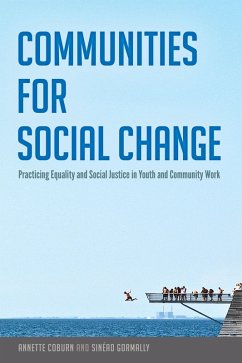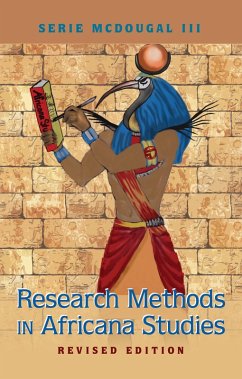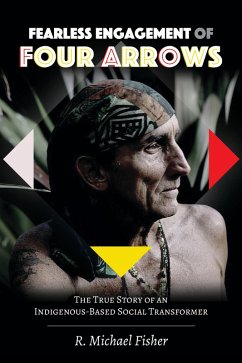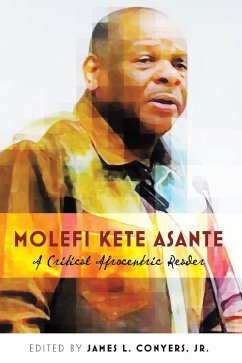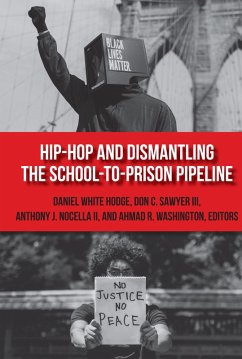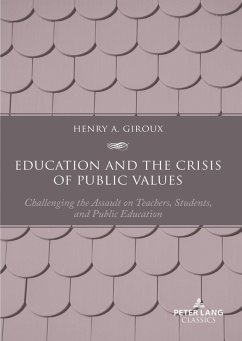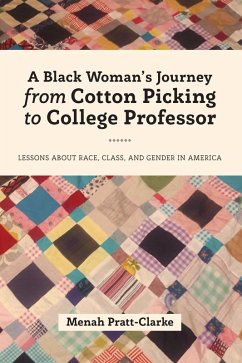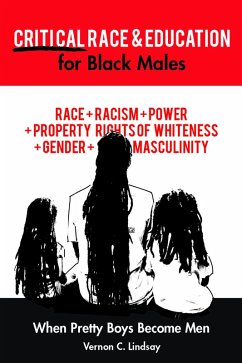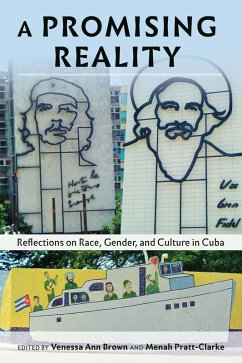
Communities for Social Change (eBook, ePUB)
Practicing Equality and Social Justice in Youth and Community Work
Versandkostenfrei!
Sofort per Download lieferbar
Statt: 101,95 €**
37,95 €
inkl. MwSt.
**Preis der gedruckten Ausgabe (Gebundenes Buch)
Alle Infos zum eBook verschenkenWeitere Ausgaben:

PAYBACK Punkte
19 °P sammeln!
Communities for Social Change: Practicing Equality and Social Justice in Youth and Community Work examines core ideas of social justice and equality that underpin community and youth work. It informs understanding of a range of community concepts and practices that are used to identify practical skills and characteristics that can help to promote equality by challenging injustice. Working with people in different types of community can bring the kind of social change that makes a real and lasting difference. Although justice is a contested notion, Annette Coburn and Sinéad Gormally assert tha...
Communities for Social Change: Practicing Equality and Social Justice in Youth and Community Work examines core ideas of social justice and equality that underpin community and youth work. It informs understanding of a range of community concepts and practices that are used to identify practical skills and characteristics that can help to promote equality by challenging injustice. Working with people in different types of community can bring the kind of social change that makes a real and lasting difference. Although justice is a contested notion, Annette Coburn and Sinéad Gormally assert that it is closely interlinked with human rights and equality. A critical examination of contemporary literature draws on educational, sociological, and psychological perspectives, to set community practices within a context for learning that is conversational, critical and informal. Social justice is about identifying and seeking to address structural disadvantage, discrimination, and inequality. The authors assert that by refocusing on process, participation, and collective rights, it is possible to create and sustain social justice. Transformative research paradigms help to produce findings that inspire and underpin political social action, and an analysis of practice-based examples supports the promotion of increased critical consciousness. This makes Communities for Social Change a must-read for anyone studying or teaching community youth work or who is working in communities or with individuals who experience oppression or inequality. If you are committed to teaching and learning about theory and practice that promotes social change for equality and social justice, you will not be disappointed!
Dieser Download kann aus rechtlichen Gründen nur mit Rechnungsadresse in A, D ausgeliefert werden.




